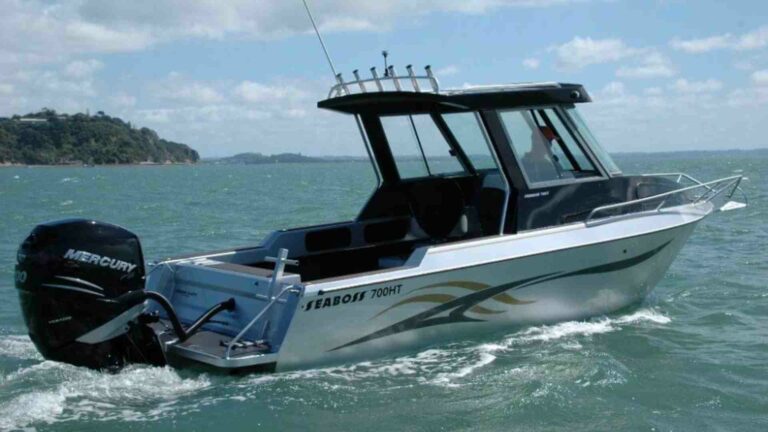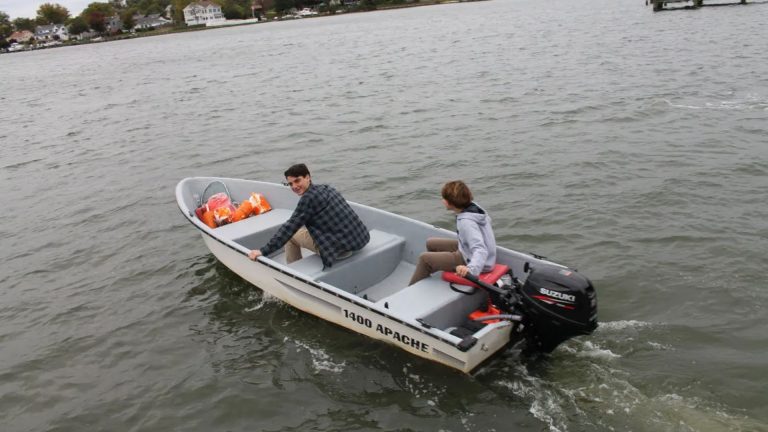Do You Need a Boating License to Rent a Boat?
Renting a boat is an exciting way to explore waterways, whether you’re planning a leisurely day on a lake, a fishing trip, or an adventurous voyage along the coast. However, one of the common questions people ask before renting a boat is: Do you need a boating license?
The answer to this question isn’t straightforward, as it depends on various factors, including the type of boat, your location, and the rental company’s policies. In this article, we’ll dive into the key aspects you need to consider before renting a boat, including licensing requirements, costs, boat specifications, and some tips to help you have a smooth and enjoyable experience on the water.
Understanding Boating License Requirements
1. Location Matters
Boating laws and regulations vary significantly from one place to another. In some regions, a boating license or certification is mandatory, while in others, you might be able to rent and operate a boat without any formal certification. Here’s how it generally breaks down:
- United States: In the U.S., boating license requirements vary by state. For instance, states like California, Florida, and New York require boaters to have a Boating Safety Certificate or equivalent, depending on the boat’s engine size and the boater’s age. In contrast, states like Arizona and Alaska may not require a license but still enforce age and safety course requirements.
- Canada: In Canada, anyone operating a motorized boat must have a Pleasure Craft Operator Card (PCOC). This applies whether you own the boat or are renting one.
- Europe: In many European countries, such as France, Italy, and Spain, a boating license is required to rent a boat, particularly for motorized vessels over a certain size or power. However, some countries like the UK have more relaxed rules, where you can rent a small boat without a license.
- Australia and New Zealand: Both countries have specific boating license requirements that vary by state or territory. For example, in New South Wales, Australia, a boat license is required for operating any motorized vessel, while New Zealand’s rules are less stringent.
2. Type of Boat
The type of boat you’re renting can also affect whether you need a license. Generally, non-motorized boats like kayaks, canoes, and paddleboards do not require a license. However, the rules tighten when it comes to motorized vessels:
- Motorboats and Jet Skis: These typically require a boating license or certification, especially if they exceed a certain horsepower. For example, in many U.S. states, boats with engines over 10 horsepower often require operators to have completed a boating safety course.
- Sailboats: For smaller sailboats, a license may not be required, but larger sailboats with auxiliary engines may necessitate one, depending on local laws.
- Yachts: Operating a yacht almost always requires a license or significant boating experience. Some regions may also require a separate captain’s license if the vessel exceeds a certain length or is used for commercial purposes.
3. Rental Company Policies
Even if local laws don’t require a boating license, the rental company might. Rental companies often have their own set of rules to ensure the safety of their customers and protect their equipment. Some companies may require you to show proof of a boating safety course completion, while others may only rent boats to individuals with a valid boating license, especially for larger or more powerful vessels.
Costs and Specifications
1. Cost of Obtaining a Boating License
If you do need a boating license or certification, the cost can vary:
- Boating Safety Courses: These courses are typically the first step in obtaining a license. In the U.S., online courses can range from $20 to $50, while in-person classes might cost around $50 to $100. In Canada, obtaining a PCOC usually costs between $40 and $60.
- License Fees: Some states or countries may charge additional fees for the actual license, which can range from $10 to $50. In some European countries, boating licenses can be more expensive, especially if they require hands-on testing.
- Renewal Costs: Licenses may need to be renewed periodically, with renewal fees ranging from $10 to $30, depending on the location.
2. Boat Rental Costs
The cost of renting a boat can vary widely based on the type of boat, location, and duration of the rental:
- Small Boats and Pontoons: Typically, these can be rented for around $100 to $300 per day. They are perfect for leisurely trips on calm waters and often do not require a boating license, depending on the engine size.
- Motorboats and Speedboats: Renting these boats can cost between $200 and $600 per day. You’ll likely need a boating license to rent one, especially if the boat has a high-powered engine.
- Yachts: Yacht rentals are significantly more expensive, ranging from $1,000 to $10,000 per day or more, depending on the size and luxury level. A boating license is almost always required, and for larger yachts, a captain’s license or the rental of a captain may be necessary.
- Jet Skis: Jet skis are popular for short-term rentals and usually cost between $50 and $100 per hour. Most places require a boating license or safety course certification to rent one.
What to Do if You Don’t Have a Boating License
If you don’t have a boating license, but you still want to enjoy time on the water, there are a few options available:
- Rent a Boat That Doesn’t Require a License: Non-motorized boats or small motorized boats with low horsepower often do not require a license. This can be a great option for beginners or those who just want a simple, stress-free day on the water.
- Hire a Captain: If you’re renting a larger boat or yacht, many companies offer the option to hire a captain. This allows you to relax and enjoy your trip without worrying about the legalities of operating the boat yourself.
- Take a Boating Safety Course: Many places offer quick, one-day boating safety courses that can certify you to rent a boat. This is a good option if you’re planning a trip and want to ensure you’re prepared and compliant with local laws.
- Temporary Permits: Some regions offer temporary boating permits for tourists or short-term visitors. These permits often require a brief safety course and can be a convenient option for travelers.
Conclusion
Whether you need a boating license to rent a boat depends on various factors, including your location, the type of boat, and the rental company’s policies. Understanding the specific requirements in your area and planning accordingly will help ensure a smooth rental experience.
Remember that safety is paramount when operating any boat, so even if a license isn’t required, consider taking a boating safety course to enhance your knowledge and skills.
Happy Boating!
Share Do You Need a Boating License to Rent a Boat? with your friends and leave a comment below with your thoughts.
Read Simple Boat Picture 4K HD Wallpapers until we meet in the next article.






